Publications
Articles, publications, books, tools and multimedia features from the U.S. Institute of Peace provide the latest news, analysis, research findings, practitioner guides and reports, all related to the conflict zones and issues that are at the center of the Institute’s work to prevent and reduce violent conflict.
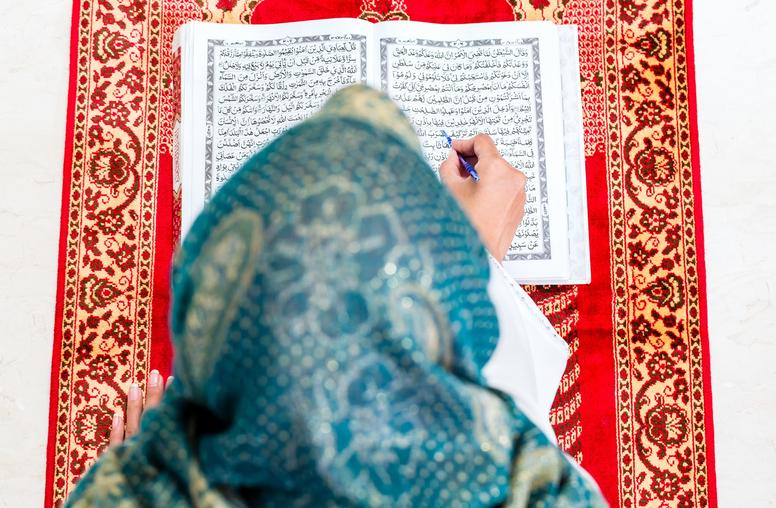
Islam, Culture and Sexism: Making Change with Religious Learning
Men in some Muslim societies cite the Islamic faith in defending “honor killings” of women and marriage for child brides. In the West, many commentators proclaim Islam inherently sexist, and some governments ban the veils traditionally worn by many Muslim women. Amid this turmoil, growing numbers of female Islamic scholars cite the Quran to argue that Muslim women are marginalized not by the true tenets of their faith but by patriarchal cultural practices.
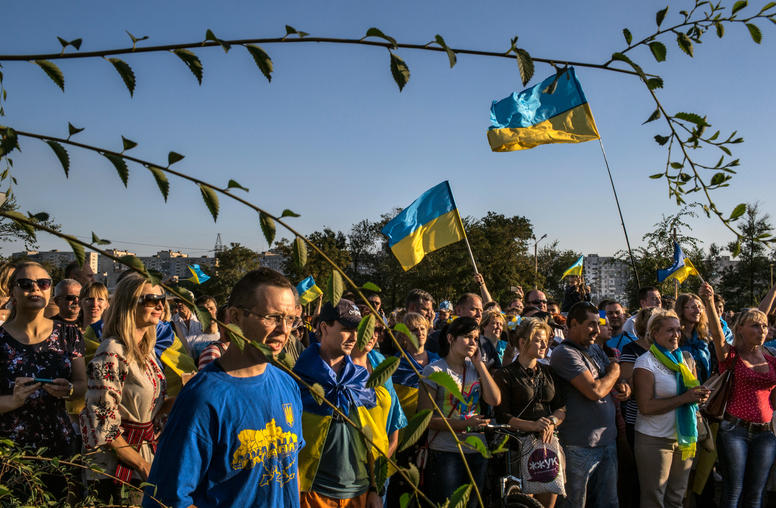
Does Ukraine Still Believe in Reform?
As the country votes in local elections, Ukrainians will weigh in on whether they still believe in the promise of a less corrupt tomorrow.
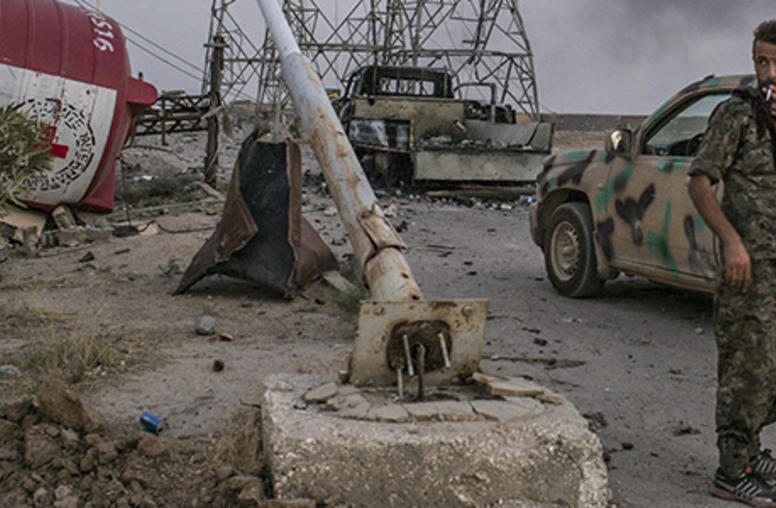
Q&A: Russia’s Intervention in Syria
Russia’s military involvement in Syria has further complicated a four-year-long civil war that the United Nations says has killed more than 250,000 people and driven half the population from their homes. Syrian President Bashar al-Assad just visited Moscow, his first trip outside Syria since the conflict began in 2011 – to meet with Russian President Vladimir Putin. Elie Abouaoun, director of Middle East programs at the U.S. Institute of Peace, considers the ramifications, the prospects for r...
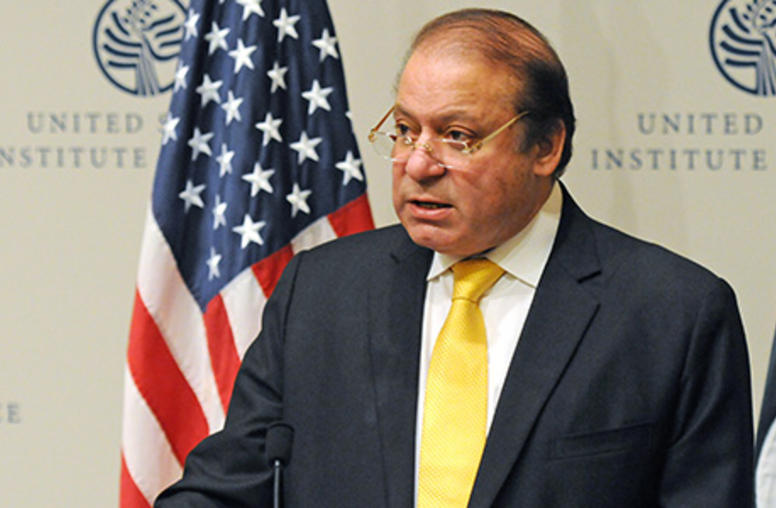
Pakistan’s Sharif Urges Renewed Peace Talks in Afghanistan
A military victory over the Taliban and other insurgents in Afghanistan is unlikely, and the parties to the conflict must try to resolve it through negotiations, Pakistani Prime Minister Nawaz Sharif said today.
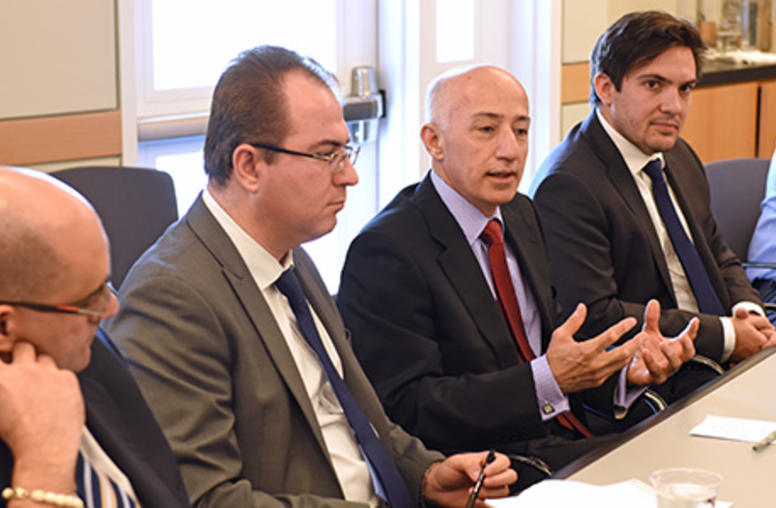
Rare Stability Is At Risk in Iraq’s Kurdish Region and Elsewhere, Middle East Experts Say
Iraq’s Kurdish region, which has been crucial for containing the Islamic State’s rampage and sheltering Iraqis fleeing the extremist group’s brutalities, urgently needs greater engagement from the U.S. and Europe, a panel of experts said in a discussion hosted by the U.S. Institute of Peace. Only intensified support will enable the region to withstand the multiple shocks of the past year, including its own current political crisis.
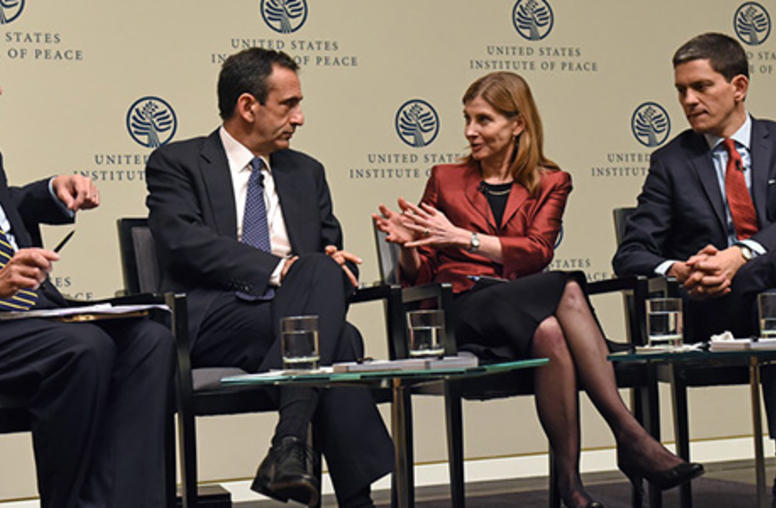
Too Little Aid, Too Many Displaced: Remaking Humanitarian Assistance
The international system to aid people displaced by conflict is strained beyond the breaking point. Faced with the greatest flood of displacement since World War II—and with no end in sight—governments and international organizations need to rethink every level of aid, from funding to future outcomes, according to experts assessing the crisis in a discussion at the U.S. Institute of Peace.

Music, Poetry, Film: Shoring Up Identities for Peaceful Ends
A Somali master poet reconnects citizens to their government. A Lebanese filmmaker collects fighters' stories to dramatize the cost of war. Police in Northern Ireland adopt symbols of peace to signal a new ethos. In places simmering with long-standing social tensions and alienation, common cultural understandings can help ease hostility, suggesting a potentially powerful role for a mechanism still under-used in peacebuilding: the arts.
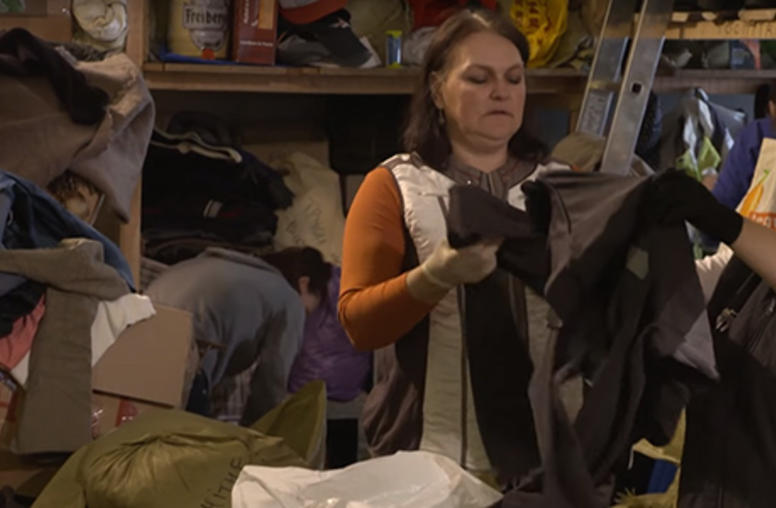
Europe’s Refugee Crisis Shows Ukraine’s Resilience
With Europe awash in more than a half-million refugees from Middle Eastern and other wars, it might be easy to overlook Ukraine’s response to its own population—nearly three times the size, at 1.5 million—displaced by the Russian-backed war in the east.
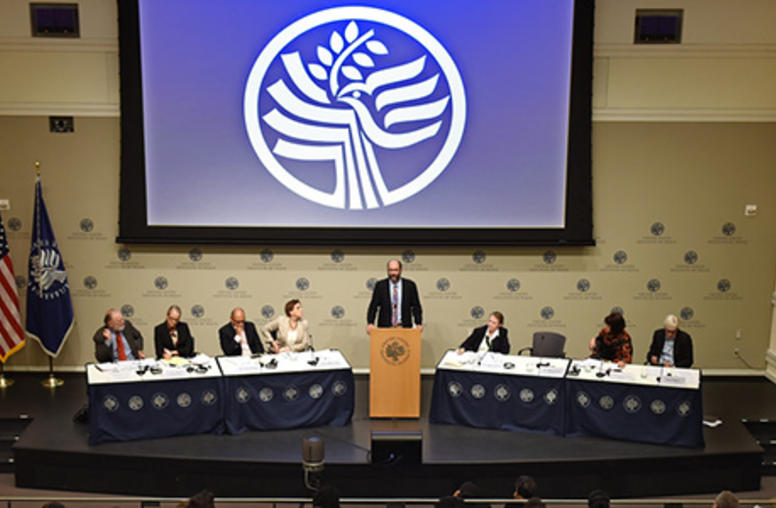
Colombia Considers War and Memory
A breakthrough in peace talks last month between Colombia’s government and the country’s biggest guerrilla group cements the role of victims in the process and has been hailed as a possible model for resolving conflicts elsewhere. Yet after 50 years of violence, a political accord on how to deal with the millions victimized by the war is just the first step. Hardened, bitter memories will risk rekindling conflict. Colombian peacebuilders say the way forward depends on an effective justice sys...
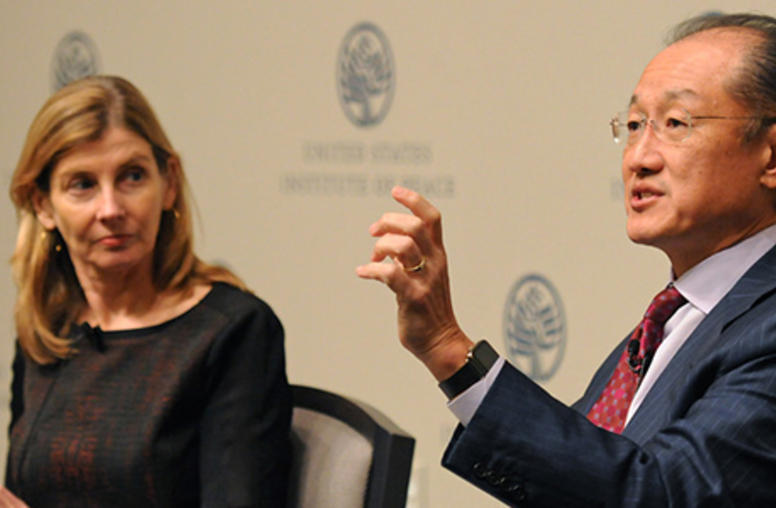
World Bank Chief Urges End to Extreme Poverty, Rethink for Development in Conflict Zones
World leaders must act to end extreme poverty in the next 15 years by addressing economic inequality that stems from wealth concentrated in the hands of a few and exacerbates conflict and instability, World Bank Group President Jim Kim said in an address at the U.S. Institute of Peace.